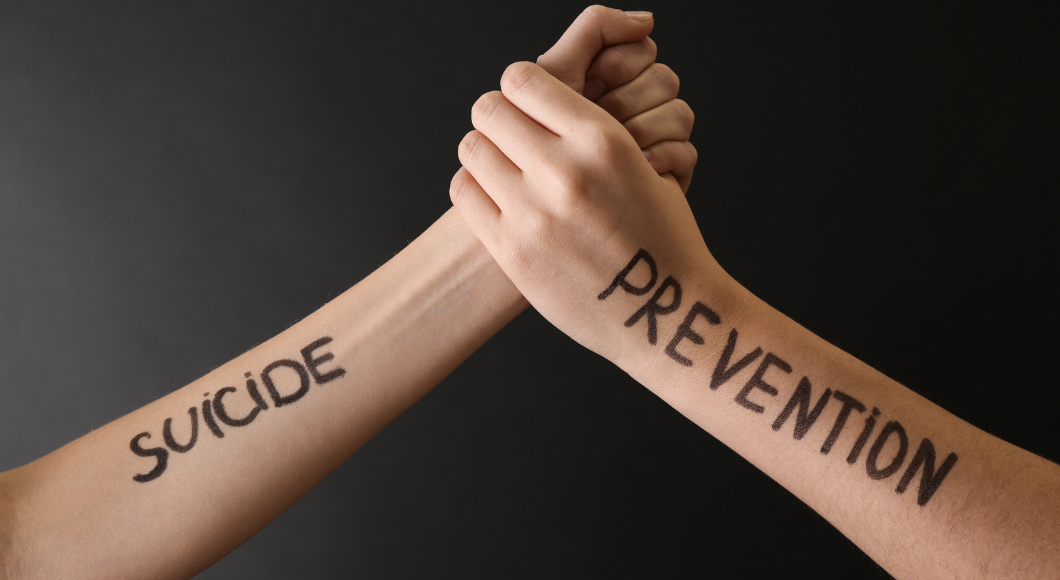
After two dreadful years of quarantines, isolation, sadness, anxiety, and death, we have seen an uptick in adolescents who have died by suicide, made suicide attempts, and outcries.
The residual affects of the pandemic are here to stay. Checking on our mental health is a necessity. We have all lived through a trauma that will probably remain with us forever.
Suicide prevention is so important for our parents, educators, community leaders, and kids to be well versed about. The warning signs are usually there, but you may have to keep a keen eye and be alert. I’m going to share some indicators that may let you know that your loved one needs some help, support, and resources.
>> RELATED READ :: When Kids Ask the Hard Questions: How to Talk to Young Kids About Suicide <<
Mood Changes
One of the first warning signs is usually mood changes. You’ll notice that your child is irritable, perpetually sad, or angry.
Changes in Eating Patterns
This could go either way. Some overeat to self sooth and some don’t each much.
Lack of Interest in What Used to Be Exciting
You may notice that your child is no longer interested in favorite activities or hanging out with friends. Some may say, “I want to quit ___________. It’s not fun anymore,” or “I’d just like to stay in bed rather than hang with friends.”
Giving Away Valuable Items
Your child may have a favorite piece of jewelry or clothing that he or she gives away to a friend or family member.
Speaking About Hopelessness, Death, or Being a Burden to Others
Many times you may hear your child speaking about feeling despondent. Your child may write about it at school for a class assignment or even post feelings on social media. Stay in contact with your child’s teachers and monitor social media posts. Teenagers can be sneaky and create fake social media accounts, so keeping an open line of communication with your adolescent is crucial.

If you notice any of these changes in your child, please reach out. A great place to start is with your child’s school counselor. The counselor will have a wealth of resources.
>> RELATED READ :: Suicide Prevention and Support for Adults & Children in Fort Worth <<
The Suicide and Crisis Lifeline is another great resource. If your child doesn’t feel comfortable sharing feelings with an adult, this resource is available 24/7. It also has a chat option to message back and forth.
There’s also the Suicide and Crisis Center of North Texas. It offers trainings and resources for suicide prevention and crisis.
Suicide is preventable. Check on your loved ones, make plans to hang out, call, send the text messages, love on each other, and make an appointment with a licensed therapist. We need each other. This is how we save lives.













